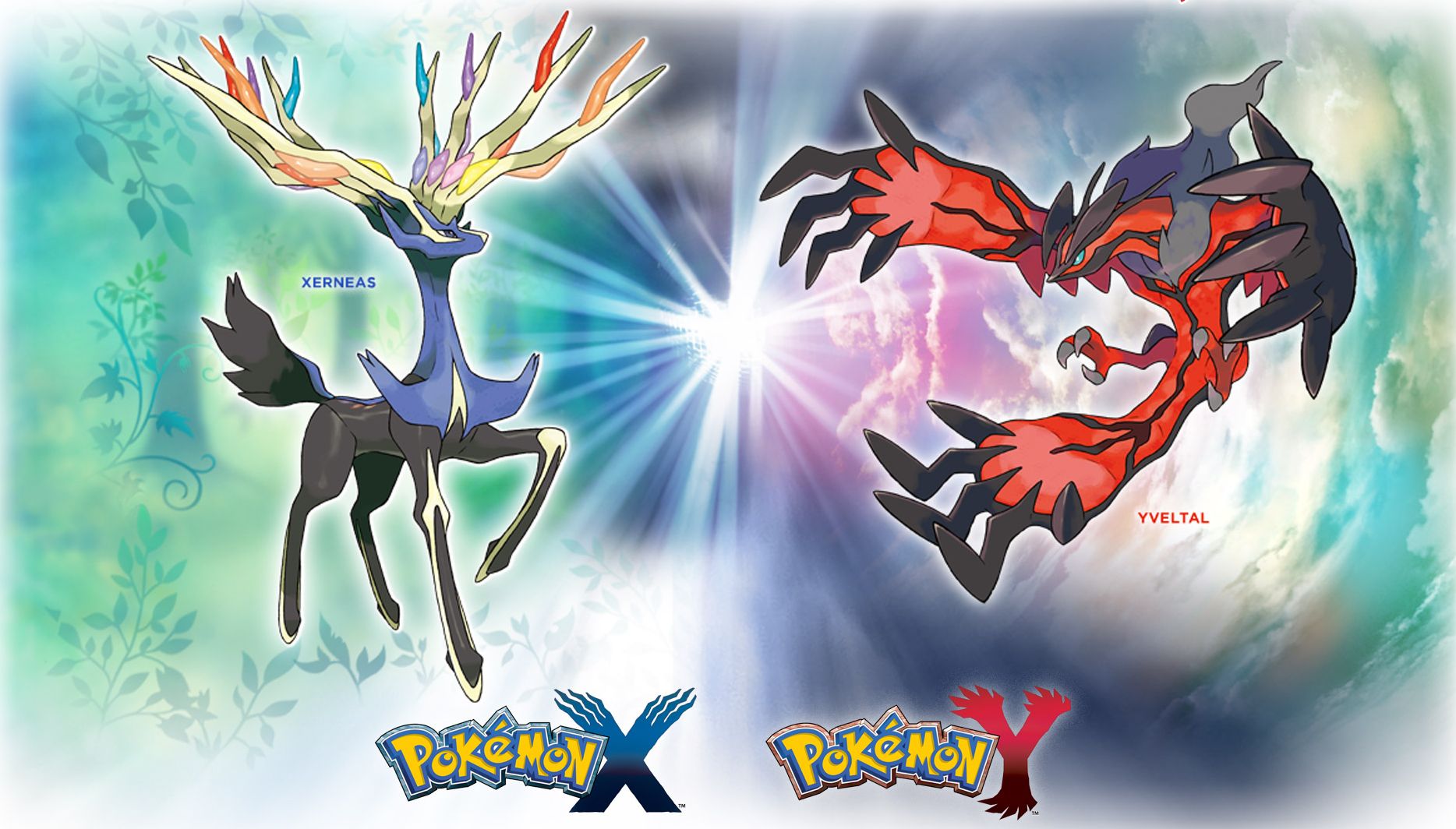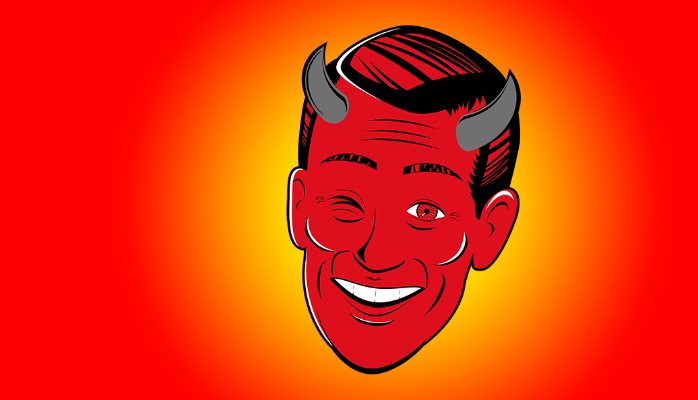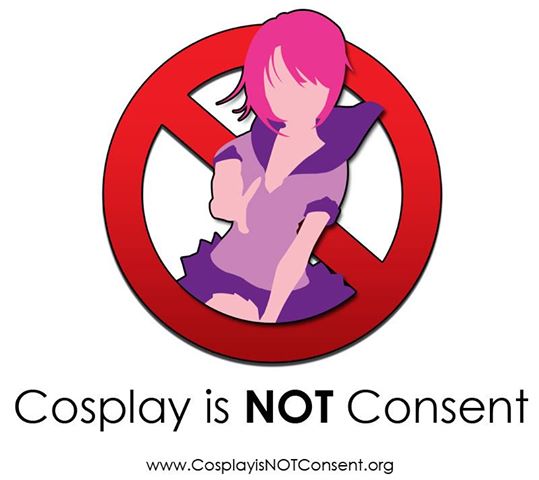He flirts excessively and inappropriately with women, has an obsessive need to ogle all the attractive ladies around him, and may or may not partner his verbal sexual harassment with physical groping or “loose hands.” Sounds like a gross character right? Not always, because deep down this character might have a heart of gold. Maybe he’ll eventually get reformed by his one true love as a part of his core character development. His acts may get played off humorously or have a distinctly comedic effect. Or he may just be written as a generally likable character. Whatever the situation, this character’s inappropriate behavior is almost always laughed or shrugged off as he increasingly becomes a likable member of the main cast whose perverted nature is presented as a comedic flaw rather than a realistically harmful and derogatory behavior. This trope goes by many names, including the Chivalrous Pervert and the Lovable Sex Maniac, and is found across genre and medium (although particularly so in anime and JRPGs), but the effect is always the same: sexual harassment that would likely be considered an “evil” trait in a villainous character is, while generally not accepted by the other characters or cast members, is overshadowed by the character’s otherwise positive and endearing framing.
Bravely Default has been my obsession as of late. Like all of my gaming obsessions, I have been playing for extended hours at a time, and in general I have been really enjoying it as a fanciful return to a classic JRPG system. But upon the introduction of Ringabel and his relationship with Edea, I couldn’t help but roll my eyes. The loveable philanderer has revealed itself in a good portion of my anime playlist and the occasional game, particularly in series with multiple main characters or good sized casts as this particular trope often is met with the scorn of the group’s other characters. So when I saw it manifesting once again in Ringabel I wasn’t exactly surprised. It has, after all, shown up multiple times in the Final Fantasy franchise and even in Mass Effect in the form of 2’s Ken and 3’s Joker. Perhaps sticking in line with Bravely Default‘s classic JRPG theme, Ringabel is classically a womanizer: he hooks up with and flirts with women wherever the gang travels, he inquires before travel about the women in the area they’re headed to, tries to coerce Agnes into dressing in a skimpy outfit she clearly isn’t comfortable with, and even comes on to both Agnes and Edea at certain points. His situation even fills the subset of the trope where the gang rebuffs him or disapproves of his behavior – Edea, who even this early on is clearly being set up to be his love interest, is constantly checking his actions back and the other two occasionally note their disapprovals as well.
Well the problem lies in the fact that he, and other characters like him, aren’t really portrayed negatively. Rather, by virtue of being part of the main party/cast, they are written to become increasingly appreciated, lovable, and endearing as time goes on. That’s not to say that trying to make the main characters likable is a bad thing even if they have negative traits – they’re your main cast after all and the player’s not going to be as motivated without that emotional investment. But by having a character who is essentially sexually harassing women created in a way that encourages players to “warm up” to him and grow attached to him, it solidifies these distinctively inappropriate actions as “lovable.” Rather than troubling, they become endearing, hence the important “lovable” qualifier in the Lovable Sex Maniac trope. Sexual harassment becomes something that’s not exclusive to villainous or evil characters or even social outcasts. It instead becomes something that’s present in heroic characters too, or characters whose other motivations are clearly good intentioned. Unintentional as it might be, the lines can blur as to whether these actions are harmful or potentially good natured, especially if said media is also marketed for kids as the “good/bad” dichotomy may validate this behavior as okay.
But what about the fact that the other characters may clearly scold said character or express the fact that the behavior’s inappropriate? Sure that might happen. It happens a lot in Bravely Default as Edea talks over Ringabel, shakes her head, gives a disapproving sigh and basically tells him to quit it, as it does in Inuyasha (where the offender is frequently slapped for his behavior), Pokemon, and a few other series. But the key factor here is the comedic aspect. I have yet to find an instance where this behavior does not elicit a comedic response either from other characters or the media itself. Thus while the other characters may be distinctively against the perverted character’s actions, said actions get used as opportunities to infuse humor into the script or story. This essentially negates any social lesson that may have been intended to be conveyed in these situations – particularly as these instances are generally not isolated but instead occur time and time again throughout the story without the perverted character ever changing his behavior (or, if he does, it does not occur until the end of the story and is the result of his love interest “changing him”).
While it may be easy to just laugh off Ringabel or any other “lovable pervert’s” inappropriate behavior towards female characters or just simply roll one’s eyes at it, it is important to recognize the message these characters may be conveying: that directing inappropriate or unwanted behavior towards women is alright and funny so long as you’re a good guy.





2 thoughts on “Debunking the “Lovable Pervert””
Well said. One of my biggest problems with this trope is that rather than condemning people who sexually harass others, it turns them all into people who could, maybe, theoretically be changed into warm, loving, heart-of-gold characters. This is a dangerous way to present harassment because of the way that abuse works: it’s all too easy for a victim of abuse to forgive their abuser when the abuser pleads with them and promises it won’t happen again, which is generally followed by a forgiveness/honeymoon period before the abuse reoccurs and cycle repeats. Filling people’s heads with this “lovable harasser” trope is only going to reinforce that cycle and make it more difficult for victims to realise that their abusers won’t change.
Bravely Default is definitely guilty of running with the “boys will be boys/pervs” mentality and that their harassment is all light hearted fun. I look at it and often wonder about the chicken/egg question. Are we seeing this trope continually because men are buying into this BS or are we seeing more harassment IRL because the trope carries on in all of our media? Thanks for the comment, James.